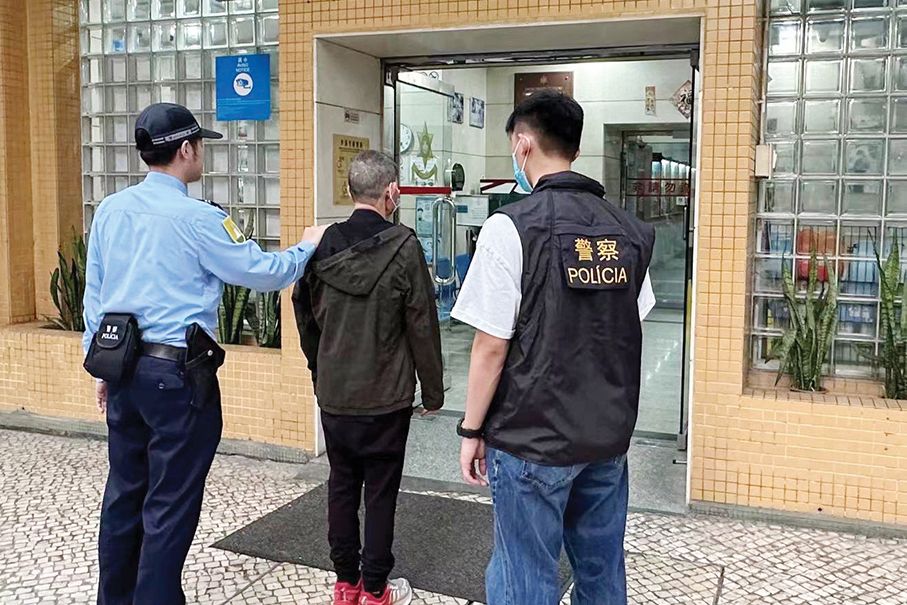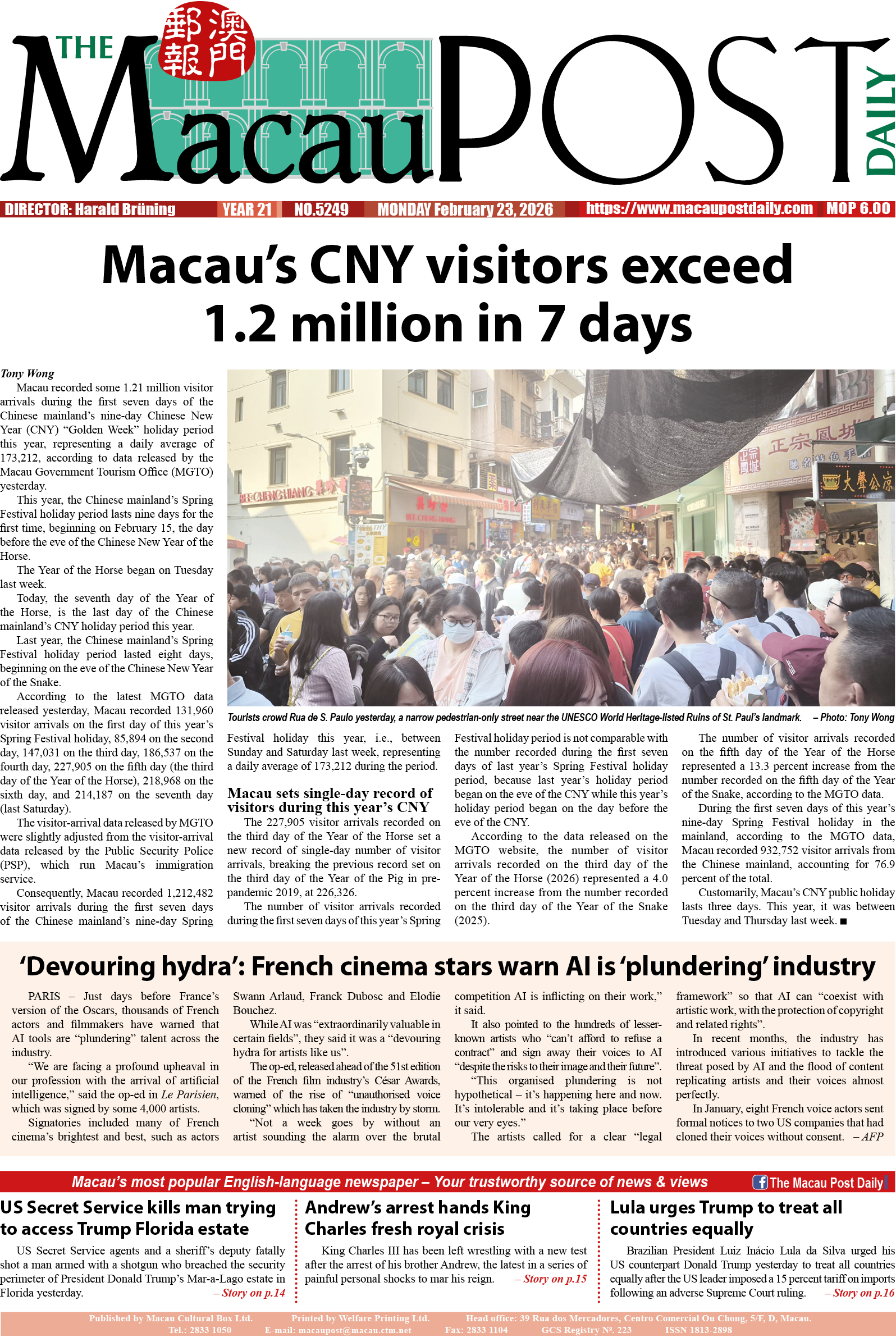China Daily Editorial
As the 76th World Health Assembly opens in Geneva, Switzerland, with no invitation sent to Taipei, the ruling Democratic Progressive Party’s (DDP) attempt to sneak into the world’s most important annual public health meeting has failed for the seventh time.
Each year since it assumed leadership on the island, the independence-minded DPP has tried everything possible to make that happen, in the hope to expand Taiwan’s “international space” with a seat in a gathering for sovereign countries.
Seven consecutive failures should make it clear to both the DPP and its external supporters what they are pursuing is nothing but a pipe dream.
For eight consecutive years from 2009 to 2016, the island’s health authority was able to participate in the World Health Assembly (WHA)* as an observer in the name of Chinese Taipei. This was a special arrangement on the basis of adherence to the 1992 Consensus, which embodies the one-China principle. Since taking office in 2016, the DPP has placed political calculations before the Taiwan people’s welfare and remained headstrong on “Taiwan independence”. As a result, the political foundation for the island to participate in the WHA does not exist.
The DPP in Taiwan has always been relentless in its pursuit of independence, de facto and de jure. It was particularly hopeful this year, in the blind belief that it could take advantage of the unprecedented international attention it was receiving amid the United States’ efforts to contain the Chinese mainland.
In a speech on Saturday commemorating her seven years in office, Taiwan leader Tsai Ing-wen highlighted as one of her key achievements that her administration has “let the world see yet again the essential presence of Taiwan in the world”. She has been proactive in promoting the island’s international visibility, taking advantage of the West’s ongoing strategic pivot to the “Indo-Pacific”. Presenting Taiwan as a like-minded partner of Western “democracies” and as an example of “freedom and democracy”, she is hyping up the “threat” from across the Taiwan Strait to garner international sympathy.
In her Friday meeting with United Kingdom Member of Parliament and former prime minister Liz Truss, for instance, she thanked the UK for “elevating the Taiwan Strait issue from a regional to a global matter”. The latter, a fierce Beijing critic and ardent follower of Washington, proposed the idea of “an economic NATO” “to challenge coercion by authoritarian regimes”.
As the continuous absence of Taiwan at the WHA indicates, however, Taiwan, as a part of China, is not a sovereign entity, and its presence and representation at inter-governmental organizations is conditional under existing international law. A fundamental principle laid out in both United Nations Resolution 2758 and WHA Resolution 25.1 stipulates Taiwan’s participation in international institutions must be handled in accordance with the one-China principle.
In their efforts to hollow out that fundamental principle, the DPP authorities and their Western supporters are showing their total disregard for international law, as well as regional peace and stability.
– Courtesy of China Daily
(Minor edits by The Macau Post Daily)
*The World Health Assembly (WHA) is the forum through which the World Health Organisation (WHO) is governed by its 194 member states. It is the world’s highest health policy setting body and is composed of health ministers from member states. The members of the WHA generally meet every year in May in Geneva at the Palace of Nations, the location of WHO Headquarters.








